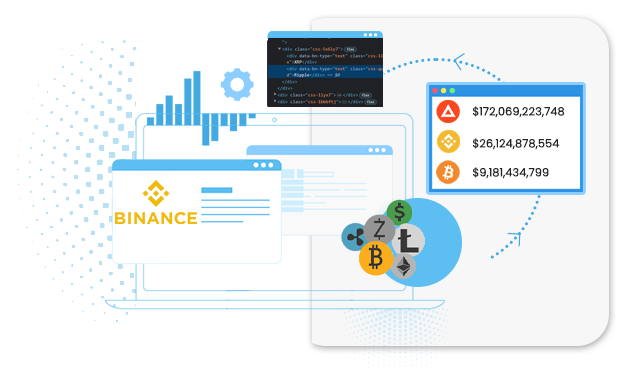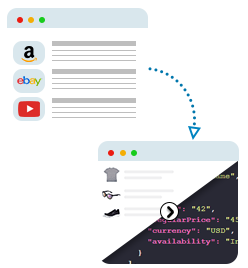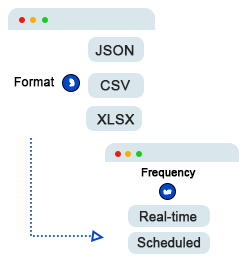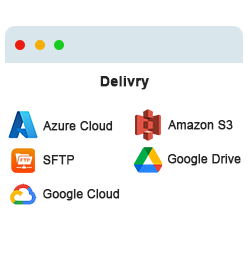The Binance Scraper is a powerful tool tailored for cryptocurrency enthusiasts and traders. It extracts real-time data from Binance, one of the world's leading cryptocurrency exchanges. With features such as price tracking, order book analysis, and historical trade data retrieval, this scraper equips users with valuable insights for making informed trading decisions. Scrape cryptocurrency data to make informed decisions, identify market opportunities, and develop data-driven trading strategies.
Our Binance data scraper offers the best solution for cryptocurrency enthusiasts and traders seeking comprehensive and up-to-date information from the Binance exchange. Seek professional assistance from our Binance data scraping services for your cryptocurrency needs. Our dedicated team utilizes cutting-edge technology to extract, analyze, and provide you with accurate and real-time data from the Binance exchange.





